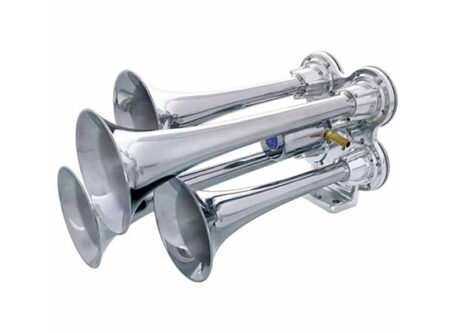Safety fitness determination shouldn’t be driven by tech, OOIDA says
The Federal Motor Carrier Safety Administration’s new safety fitness methodology should avoid using inaccurate data or allowing the use of “safety technology” to boost a motor carrier’s rating.
That was the Owner-Operator Independent Drivers Association’s message to FMCSA in formal comments filed on Monday, Feb. 12.
In 2023, FMCSA issued an advance notice of proposed rulemaking regarding possible revisions to how a motor carrier’s safety fitness is determined. On Jan. 12, the agency issued an additional notice that gave the public an opportunity to comment on several reports that could inform a potential rulemaking.
The notice included reports on in-vehicle monitoring systems, the association between crashes and safety-critical events, the impact of federal compliance reviews, the effectiveness of safety technology and recent fatality crash data. Feb. 12 was the deadline to comment before the agency decides whether to move forward with a proposal to change the methodology.
Safety fitness determination currently is based on an analysis of existing motor carrier data and data collected during a compliance review. The process uses six factors – general, driver, operational, vehicle, hazardous materials and crashes – to assign a motor carrier’s safety fitness rating. The current system provides carriers an overall safety rating of either satisfactory, conditional or unsatisfactory.
“As FMCSA pursues the development of a new methodology to determine when a motor carrier is unfit to operate, the agency must avoid relying on the Compliance, Safety, Accountability and Safety Measurement System programs,” OOIDA wrote in comments signed by President Todd Spencer. “Since their inception in 2010, CSA/SMS have completely failed in their objective to reduce injuries, fatalities and crashes. This will not change until CSA/SMS incentivizes actual safety performance instead of regulatory compliance.”
OOIDA, which represents small-business truckers, also encouraged the agency to avoid any sort of Beyond Compliance methodology that would reward carriers who install the latest safety gadgets on their trucks.
“(The) Safety Fitness Determination should not consider motor carriers’ adoption and use of safety technologies in a carrier’s rating,” OOIDA wrote. “The mere adoption and use of safety technologies does not ensure better safety performance. We believe rewarding carriers that simply adopt safety technologies without improving actual safety performance would only benefit motor carriers who can afford costly new technologies.”
The Association also pointed out weaknesses in each of the recent reports.
“Collectively, the flaws of these studies underscore their limitations,” OOIDA wrote. “FMCSA should not rely upon this research in developing further regulatory action related to Safety Fitness Determinations.”
Previous comments
FMCSA received 176 comments from the advance notice, according to the Regulations.gov website.
OOIDA told FMCSA that any changes to the safety fitness determination process should not penalize motor carriers that do not receive a rating.
“The FMCSA safety fitness determination process has a direct effect on motor carriers’ ability to stay in business,” OOIDA wrote. “Historically, the safety fitness determination structure has not been proven as a reliable methodology to properly determine a motor carrier’s fitness to operate. Most of the (program’s) shortcomings relate to the inaccuracy and inconsistency of the data that is collected and analyzed during a safety investigation.” LL









